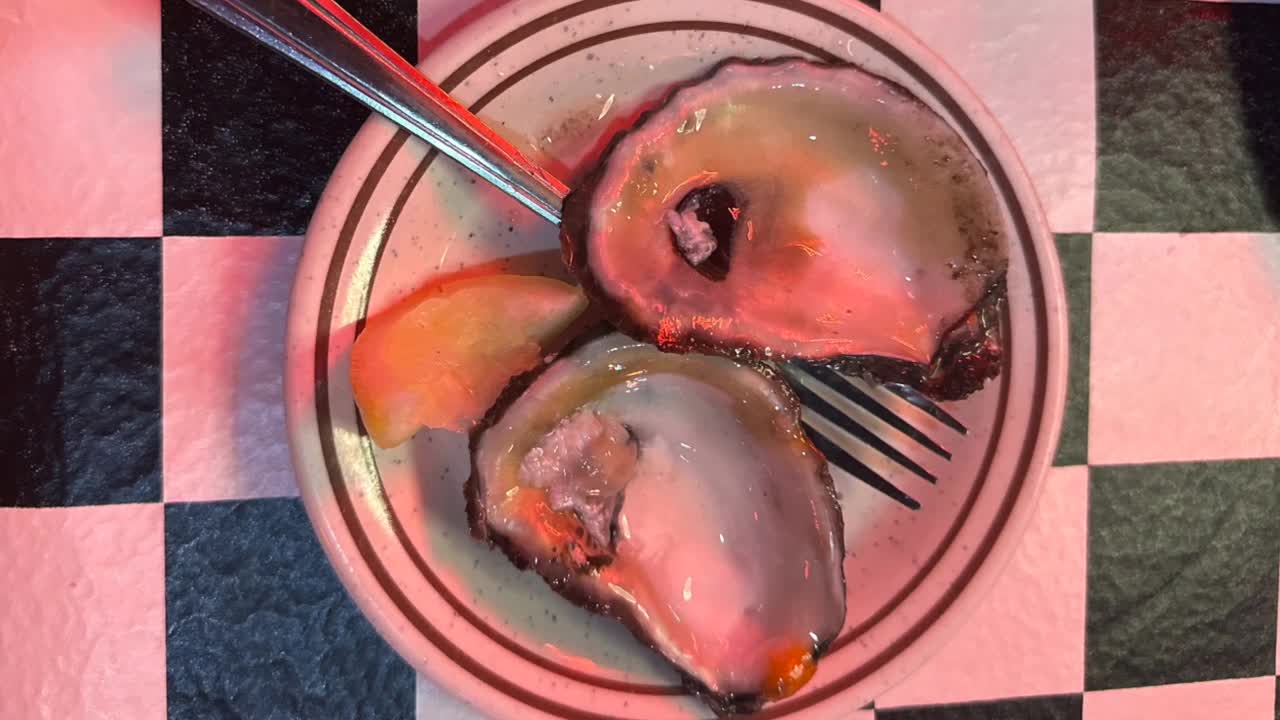IBERIA PARISH — Oysters are a multi-million dollar industry in Louisiana — and a cultural staple along the Gulf Coast. But this summer, a deadly bacteria is putting both the industry and consumers on high alert.
Vibrio vulnificus, sometimes called a “flesh-eating bacteria,” occurs naturally in warm, brackish waters. Infections and deaths are rare, but according to the Louisiana Department of Health, cases are already spiking above the state’s usual annual average of seven infections and one death since 2015.
Elaine Buteau, owner of Landry’s Seafood & Steakhouse in New Iberia, said she understands the risks that come with oyster season.
“In the summertime, it’s a little more risky, you know, for bacteria,” Buteau explained. Her restaurant hasn’t served raw oysters in some time, a choice she says many of her customers appreciate.
“I think people are more comfortable with fried oysters, especially in the summertime, as opposed to raw oysters — because everybody around here knows, you know, pretty much don’t eat oysters in a month that doesn’t have an ‘R’ in it.”
Health officials stress that Vibrio infections can be especially dangerous for people with underlying conditions, such as liver disease or weakened immune systems.
The Louisiana Department of Health recommends the following precautions:
- Stay out of brackish or salt water if you have a wound (including cuts and scrapes), or cover your wound with a waterproof bandage if there's a possibility it could come into contact with brackish or salt water, raw seafood, or raw seafood juices.
- Wash wounds and cuts thoroughly with soap and water if they have been exposed to brackish or salt water, raw seafood, or raw seafood juices.
- If you develop a skin infection, tell your medical provider if your skin has come into contact with brackish or salt water, raw seafood, or raw seafood juices.
- Use caution when consuming raw or undercooked seafood, especially if you have a weakened immune system, are pregnant, or have certain medical conditions like liver or stomach disorders.
- Always wash your hands with soap and water after handling raw shellfish.
- Avoid contaminating cooked seafood with raw seafood and their juices.
Experts emphasize that oysters and other shellfish remain safe to enjoy when properly cooked, but say awareness is key as Gulf waters continue to warm.




